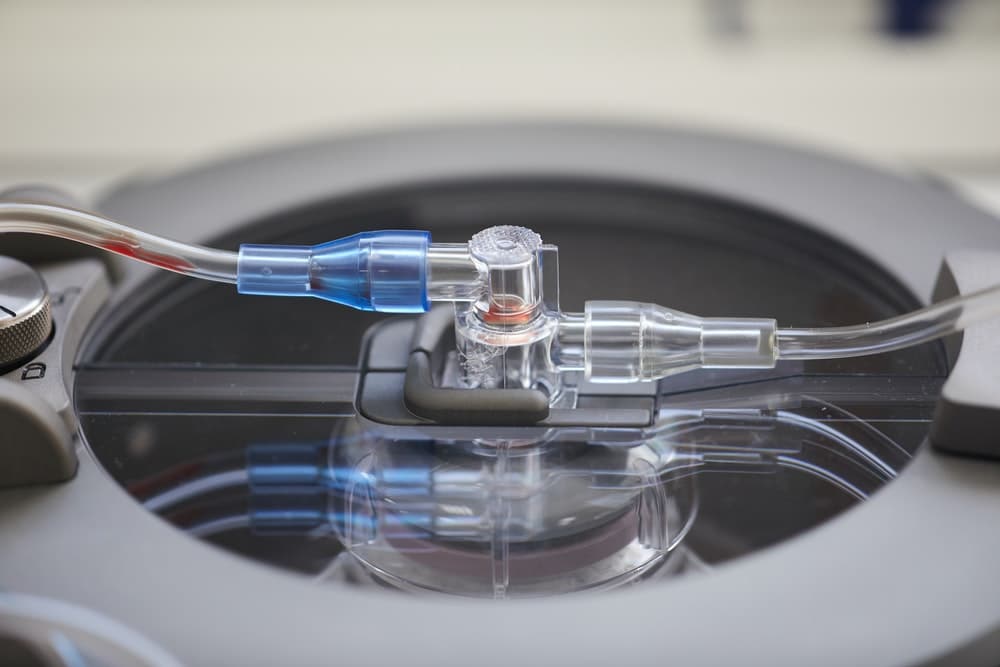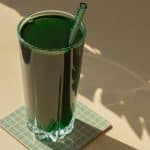As allergy sufferers, you understand that keeping your indoor environment clean is critical for your health. The air in your rooms can be filled with a variety of harmful particles, including dust, pet dander, and other allergens. One of the most effective ways to improve air quality is to use an air purifier. However, not all purifiers are created equal. In this article, we will specifically focus on the HEPA air purifier, which is recognized as one of the best air filters for allergies.
What is a HEPA Air Purifier?
Let’s start with the basics. A HEPA (High Efficiency Particulate Air) air purifier is a device that uses a HEPA filter to improve the quality of indoor air. These filters are designed to capture 99.97% of particles that are 0.3 microns in size or larger. These particles include common allergens such as dust mites, pet dander, and pollen, which can all trigger allergic reactions.
A découvrir également : Which Vegetables Provide the Most Nitrate for Heart Health?
HEPA air purifiers are often recommended by allergists and other health professionals due to their high filtration efficiency. They operate by drawing in air from the room, forcing it through the HEPA filter where particles are trapped, and then releasing the purified air back into the room. This constant circulation of air helps to maintain a clean and healthy indoor environment.
Why Choose a HEPA Air Purifier for Allergies?
As previously mentioned, HEPA filters are designed to capture a broad range of particles, including many common allergens. This makes them an excellent choice for allergy sufferers. However, their benefits don’t stop there.
A lire aussi : Practical strategies for effective anxiety management
HEPA air purifiers can also help to reduce the amount of pet dander in your home, which is a common trigger for allergies. They can also help to eliminate other airborne irritants, such as smoke and chemical fumes, which can exacerbate allergy symptoms.
Furthermore, HEPA purifiers are generally very efficient. They can filter the air in a room multiple times per hour, helping to ensure that the air you breathe is as clean as possible. This can be particularly beneficial in homes where allergen levels are high.
Factors to Consider When Choosing a HEPA Air Purifier
When shopping for a HEPA air purifier on Amazon or any other platform, there are several factors to consider to ensure that you choose the best one for your needs.
Room Size
One of the most important factors to consider is the size of the room where you plan to use the purifier. HEPA air purifiers are designed to filter the air in a specific room size. This is typically indicated in the product description as the Maximum Area Coverage (MAC). If the purifier is not suitable for your room size, it may not efficiently remove allergens from the air.
Filter Replacement
HEPA filters require regular replacement to maintain their effectiveness. Some models have a filter indicator that lets you know when it’s time to change the filter. It’s important to factor in the cost and availability of replacement filters when choosing a purifier.
Noise Level
Like any device, air purifiers produce noise when operating. If you plan to use the purifier in a bedroom or quiet space, consider the noise level. Many models have a night mode or low-speed setting that operates more quietly.
Best HEPA Air Purifiers for Allergy Sufferers
There are numerous HEPA air purifiers available on the market. To help simplify your search, here are a few options that are highly rated by users for their effectiveness in eliminating allergens.
Levoit LV-H132 Air Purifier
This compact and affordable model is designed for small to medium-sized rooms. It features a 3-stage filtration system that includes a pre-filter, a HEPA filter, and an activated carbon filter. The Levoit LV-H132 is also equipped with a nightlight and operates quietly, making it perfect for bedrooms.
Coway AP-1512HH Mighty Air Purifier
This powerful purifier is designed for larger rooms up to 361 square feet. It uses a 4-stage filtration system, including a washable pre-filter, a deodorization filter, a true HEPA filter, and an ionizer. The Coway AP-1512HH also features an air quality indicator and a filter replacement indicator.
Dyson Pure Cool Link Air Purifier
This 2-in-1 device not only purifies the air but also doubles as a fan, providing cooling air circulation. It features a 360-degree HEPA filter and an activated carbon filter to remove gases and odors. The Dyson Pure Cool Link also integrates with a mobile app, allowing you to monitor air quality and control settings remotely.
In conclusion, HEPA air purifiers are an effective solution for allergy sufferers and can significantly improve indoor air quality. By considering factors such as room size, filter replacement, and noise level, you can select the best purifier for your needs.
Understanding Additional Features of HEPA Air Purifiers
HEPA air purifiers often come with added features that enhance their functionality and ease of use. These features could vastly improve your experience, making it even more convenient and worthwhile.
Smart Technology
Many modern HEPA air purifiers are integrating smart technology, enabling you to control the purifier from your smartphone or even through voice commands using home assistants like Amazon Alexa or Google Home. This can allow you to adjust settings, turn the device on or off, or monitor air quality from anywhere in your home. For instance, the Dyson Pure Cool Link Air Purifier mentioned earlier is one such device that incorporates smart technology.
Air Quality Sensors
Some advanced models of air purifiers come with built-in air quality sensors. These sensors can detect the level of pollutants in the air and automatically adjust the purifier’s operation speed to improve air quality. This feature not only ensures optimal performance but also saves energy and extends the life of the HEPA filter.
UV-C Light
An extra layer of protection can be provided by models that also include a UV-C light. This feature can kill germs, viruses, and bacteria, adding an extra level of purification to your indoor air.
Final Thoughts: Are HEPA Air Purifiers Worth It for Allergy Sufferers?
Allergies can be incredibly disruptive to daily life, causing discomfort, lack of sleep, and overall poor health. Given the substantial amount of time we spend indoors, it’s essential to maintain good air quality for overall well-being. An air purifier, particularly those with HEPA filters, can be a valuable tool in managing and reducing allergy symptoms.
In conclusion, when choosing a HEPA air purifier, it’s essential to consider not just the initial purchase price, but also the coverage area, noise level, and cost of filter replacement. Ensuring the purifier is suitable for your room size and is within your budget for upkeep will allow you to get the most out of the device.
Remember, a good air purifier should be seen as an investment in your health. With the broad range of modern features now available, such as smart technology, air quality sensors, and UV-C light, a HEPA air purifier can do more than just alleviate allergies – it can enhance your quality of life by providing cleaner, healthier air in your home.
Therefore, for allergy sufferers seeking relief and healthier indoor air, investing in one of the best HEPA air purifiers could indeed be a wise decision.










